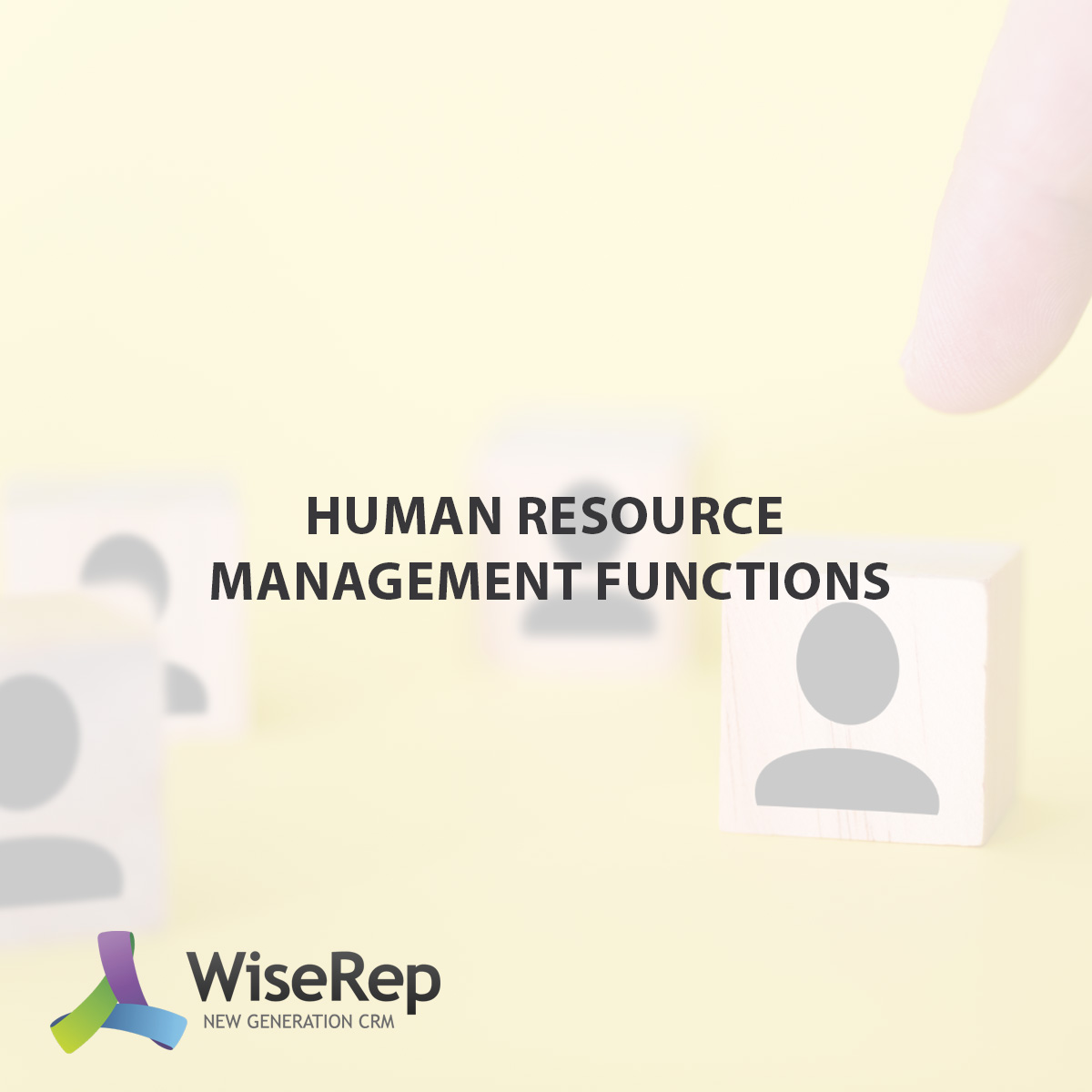Human resource management (HRM) encompasses a range of tasks and processes essential for effectively recruiting, utilizing, and developing employees. Here are the primary HRM functions and their importance:
Workforce Planning
This involves determining staffing needs based on strategic goals, anticipating hiring requirements, and developing existing employees' skills.
Recruitment
Recruitment starts with attracting candidates and continues through selection and hiring. Successful recruitment builds a strong team.
Orientation and Onboarding
New employees need effective orientation to understand the company’s culture, values, and expectations. Onboarding ensures a smooth transition into the work environment.
Training and Development
Providing internal or external training enhances employees’ skills and promotes professional growth.
Performance Evaluation
Regular performance reviews identify goal achievement levels and guide personnel development.
Motivation and Incentives
Motivation includes rewards systems, career advancement opportunities, recognition, and fostering a positive work environment.
Conflict Resolution
Addressing conflicts involves identifying causes, preventing them, and finding effective solutions.
Personnel Administration
This includes maintaining records like employment contracts, personnel files, and related documentation.
Risk Assessment
HRM also involves managing risks related to legal issues, health, and workplace safety.
Exit Management
Handling resignations, retirement, and compensation payments ensures smooth transitions.
Effective HRM requires expertise in psychology, management, law, and economics, playing a critical role in organizational success by managing its most valuable resource people.
